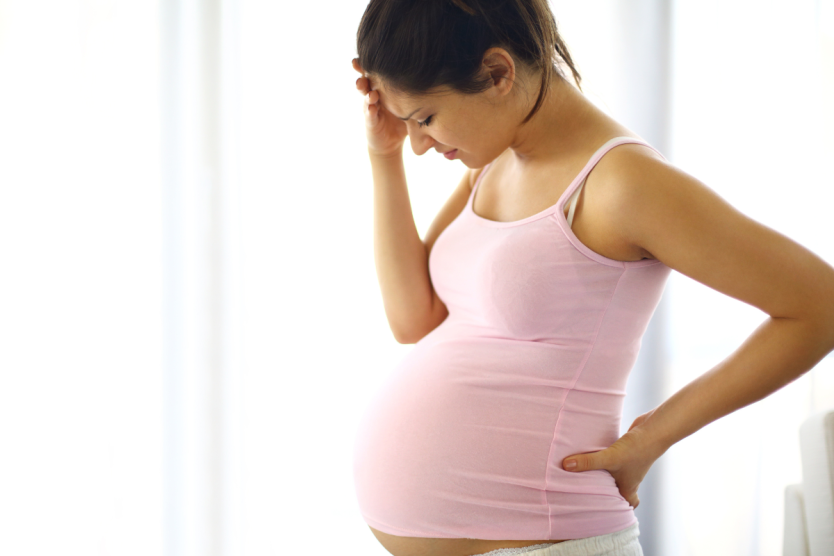Fibroids are common enough among women but if you have them, you’re likely wondering about the impact on your reproductive health.
Uterine fibroids are non-cancerous tumors that can grow anywhere on the uterus; they are typically found on the uterine wall. They affect between 20-40% of women of childbearing age.
Let’s explore what you need to know about the impact of fibroids on your reproductive health.
Symptoms of Fibroids
First, you may suspect you have fibroids if you suffer from prolonged or heavy bleeding during or in between menstrual cycles. Fibroids can cause painful periods, or lead to abdominal pain or pelvic cramping, as well as to low back pain and pain or pressure during sexual intercourse. Fibroids can also be a cause of postmenopausal bleeding.
Many women with fibroids don’t notice any symptoms, or their symptoms are minimal. Some women suffer from polyps, which have a few similar symptoms as fibroids.
In relation to your reproductive health, the size, amount, and location of fibroids can impact your ability to conceive and have a child. Treatment of fibroids can also impact your reproductive health.
Fibroids and Infertility
Fibroids are present in 5 to 10 percent of infertile patients, and may be the sole cause of infertility in 1 to 2.4 percent. Fibroids can have a negative effect on fertility in two ways: they may obstruct the fallopian tubes, along which eggs travel from the ovaries to the uterus; or they may distort the endometrial cavity, which is the tissue lining the inner cavity of the uterus or womb.1
Researchers are uncertain whether fibroids can be the sole cause of infertility. One study found a “significant discrepancy” in pregnancy rate for infertile women: 11 per cent with fibroids versus 25 percent without fibroids. When the fibroids were removed, pregnancy rates increased to 42 percent. This study supports the fact that fibroids can influence infertility.2
But don’t despair. Many women who have fibroids can get pregnant naturally.3 Treatment may not be even necessary for conception, or removal or treatment of the fibroids may help. There could be other causes if you are having trouble conceiving. It’s important that you and your partner are examined for other conditions that could be impacting your ability to conceive.
Fibroids and Pregnancy
If you are pregnant, your fibroids may have an impact on your pregnancy. Many fibroids do not change in size or cause an issue, but one-third may grow in your first trimester. You may suffer from increased pain due to the fibroids.
While many women with fibroids have regular pregnancies, they can be associated with some issues: an increased rate of spontaneous miscarriage, preterm labor, placenta abruption, cesarean delivery, and postpartum hemorrhage.4 Pain is the most common complication of fibroids during pregnancy.
Treatment of Fibroids
If you have fibroids and you’re pregnant, your doctor will monitor them. Most don’t create a problem, but it depends on their location, how many you have, and their size.5 As for treating fibroids during or after pregnancy, there are a number of options available.
It’s best to seek medical advice regarding whether you have fibroids and their impact on your reproductive health. Use our physician finder to find a doctor near you who can diagnose and treat fibroids and provide advice on conception and pregnancy with fibroids.




















